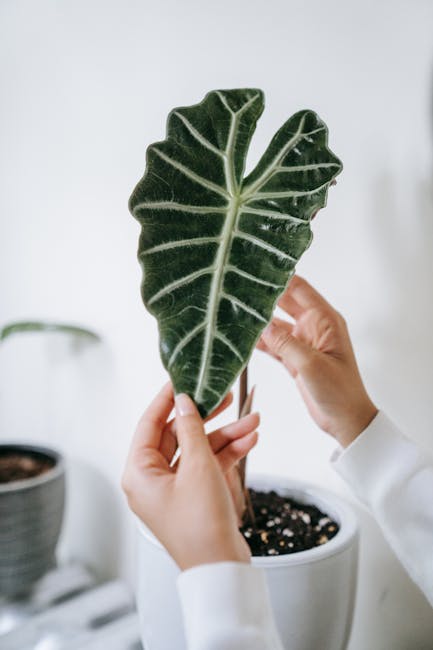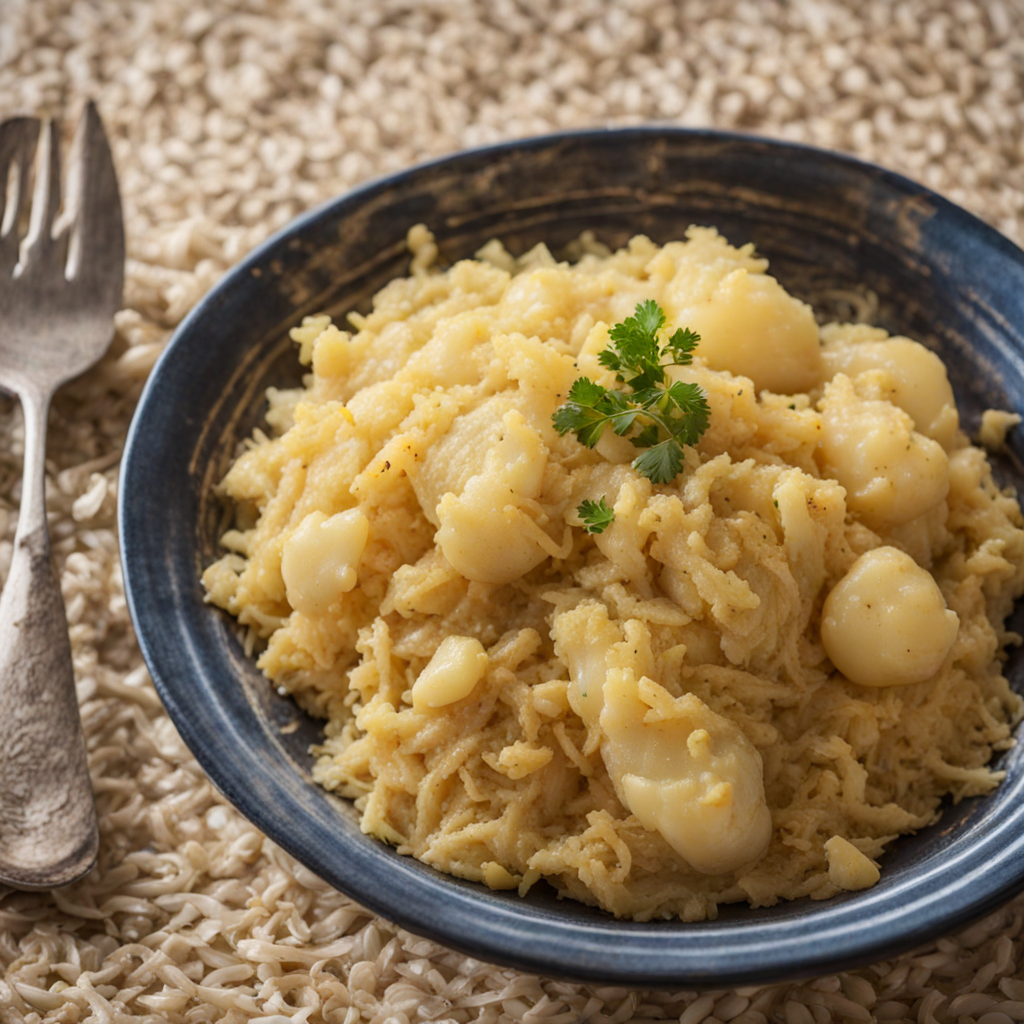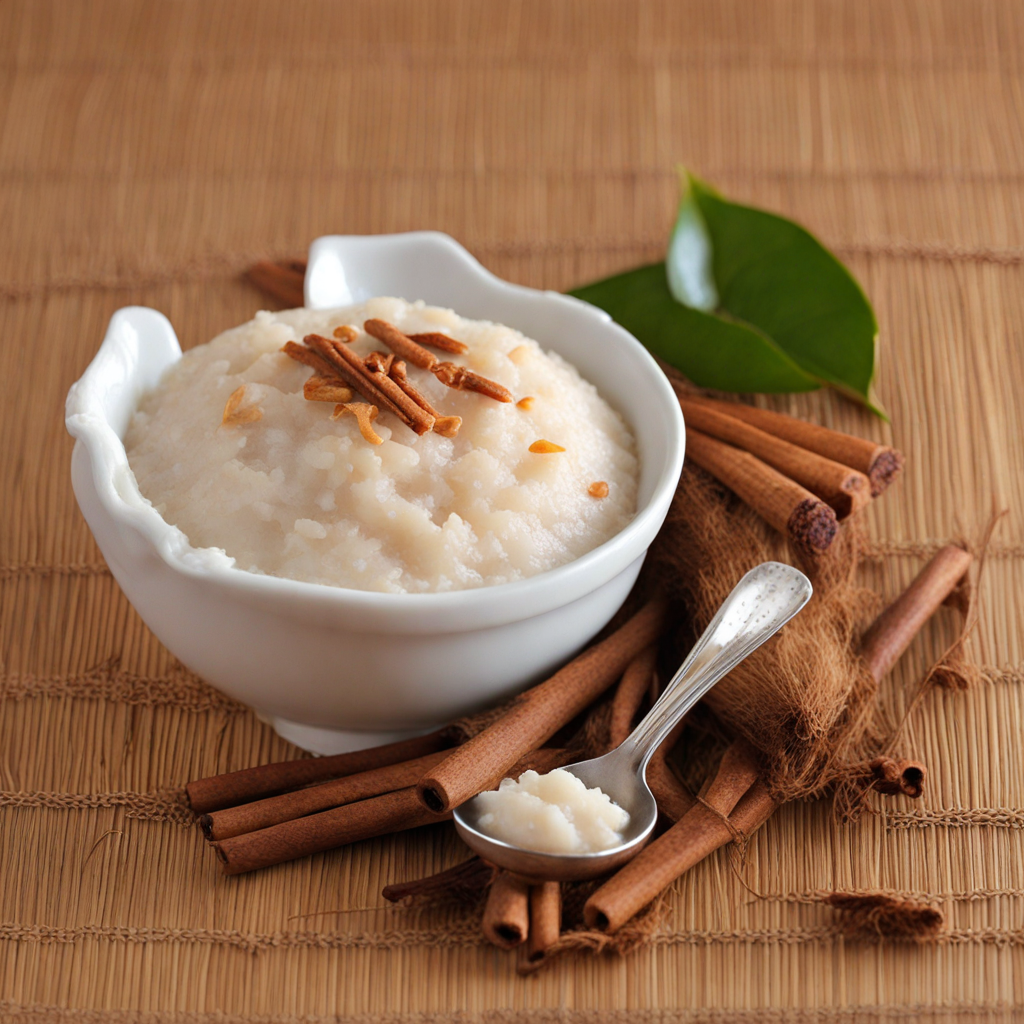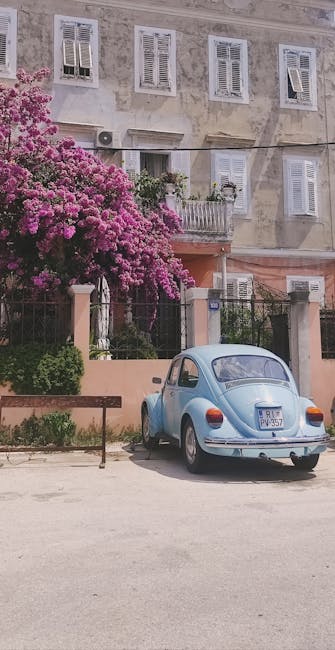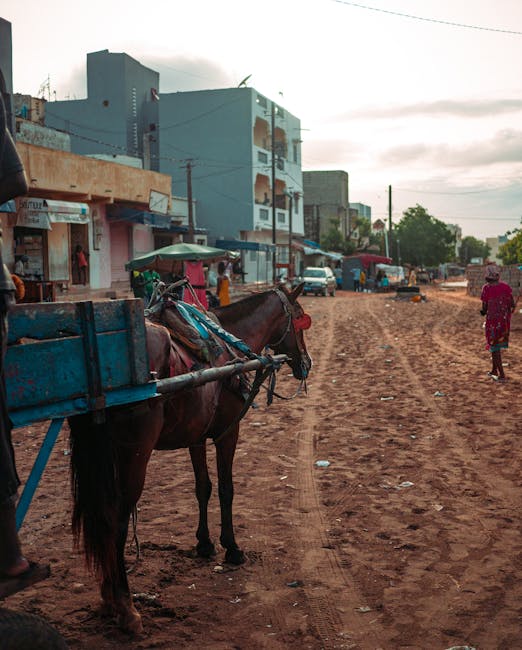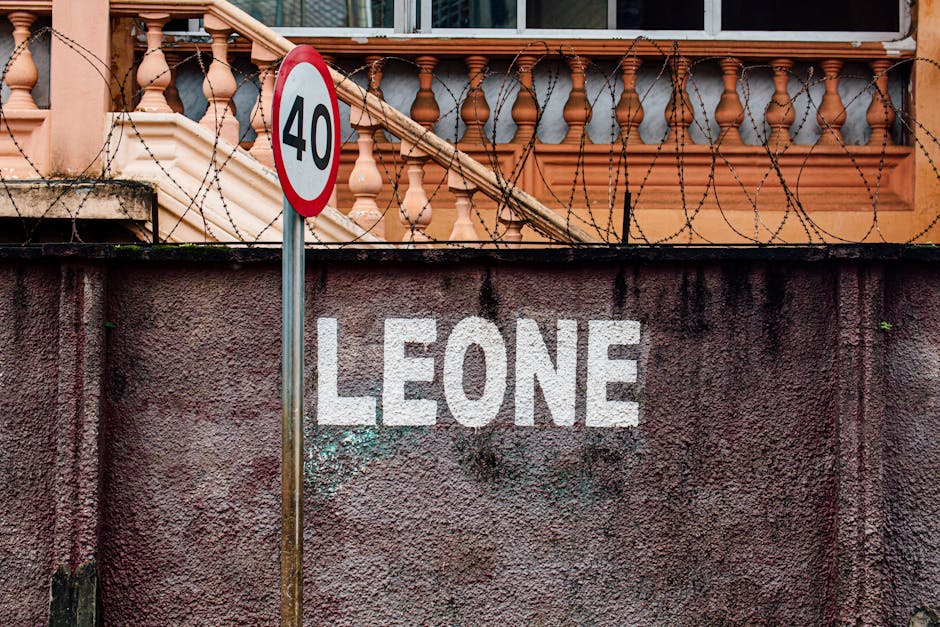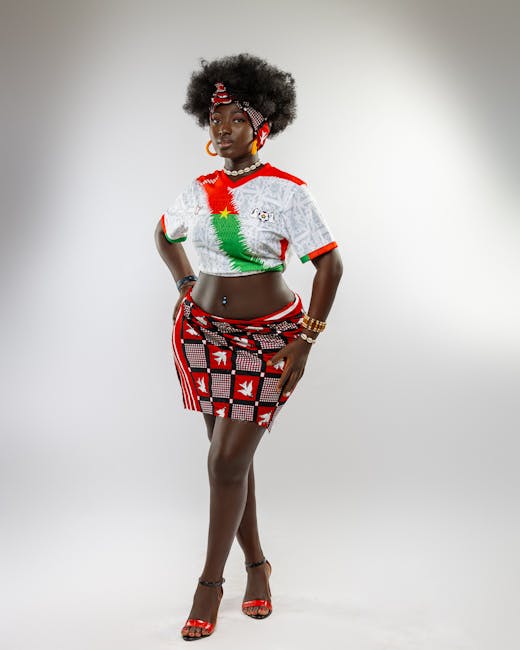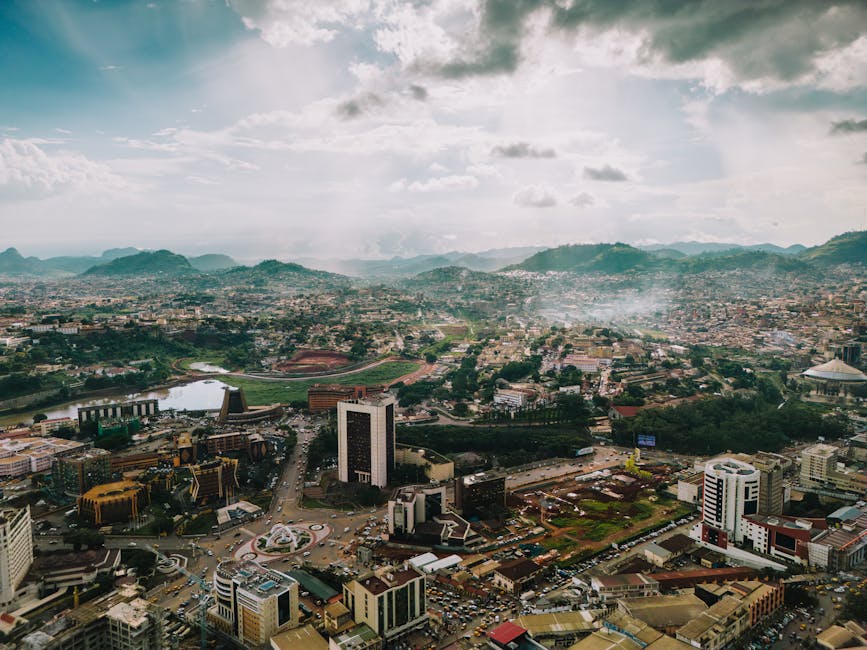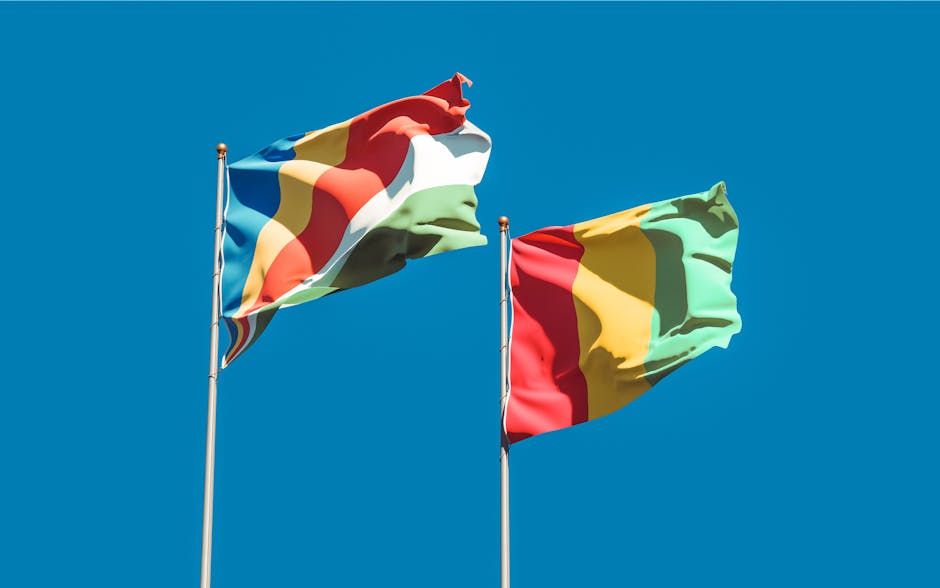Guinea-Bissau
Overview
Guinea-Bissau is a captivatingly unique country nestled on the western coast of Africa. This vibrant nation, rich in both history and culture, proudly showcases a blend of African, Portuguese, and Brazilian influences. Guinea-Bissau is known for its diverse ethnic groups, each of which contributes its own unique traditions and languages to the country's cultural tapestry. The Bijagos Archipelago, a UNESCO Biosphere Reserve, is a standout feature of the country, boasting an array of islands with pristine beaches and abundant wildlife. Guinea-Bissau's colorful festivals, particularly the vibrant Carnival with its whimsical masks and lively dances, are a true testament to the country's rich cultural heritage.
The best time to visit Guinea-Bissau is during the dry season, which runs from November to May. During this period, the weather is pleasantly warm, making it ideal for exploring the picturesque landscapes and enjoying outdoor activities. Wildlife enthusiasts can explore the national parks, which serve as a habitat for diverse species including hippos, chimpanzees, and a variety of birds. The Bijagos Islands are renowned for their sea turtle nesting sites, a must-see between the months of June and September. The dry season is also an excellent time to partake in cultural festivals and to explore the country's historical landmarks such as the Fortaleza d'Amura barracks, which holds a significant place in Guinea-Bissau's history.
Before travelling to Guinea-Bissau, it is essential to ensure that all necessary vaccinations are up to date, including those for Yellow Fever and Malaria. Travel insurance that covers medical evacuation is also strongly recommended due to limited medical facilities. Visitors should also be mindful to respect local customs and dress modestly, especially when visiting rural areas. The official language is Portuguese, so learning basic phrases or having a translation app handy would be beneficial. Lastly, Guinea-Bissau's currency is the West African CFA franc, so it's important to ensure you have access to this currency as credit card usage is not widespread. With thoughtful preparation, your visit to Guinea-Bissau will be an enriching and memorable experience.
A Glimpse into the Past
Guinea-Bissau, a small country located on the western coast of Africa, is a land rich in history and culture, characterized by its struggles for independence, its vibrant ethnic diversity, and its stunning natural beauty. This narrative unfolds through various eras, revealing a tapestry of historical events that have shaped the nation into what it is today.
The earliest inhabitants of Guinea-Bissau were the Balanta, Fula, and Mandinka peoples, who established agricultural communities and engaged in trade with neighboring regions. The region became part of the larger trade networks that included the transatlantic slave trade, which had dire consequences for local populations. The Portuguese arrived in the late 15th century, establishing trading posts along the coast. The island of Bijagós became a significant trade hub during this period, known for its rich resources and strategic position.
In the 19th century, as the demand for slaves increased, Guinea-Bissau was drawn deeper into the slave trade, with countless individuals forcibly taken from their homes. The Portuguese colonial government sought to expand its control over the territory, facing resistance from local tribes. This resistance laid the groundwork for the eventual fight for independence that would emerge in the mid-20th century.
The Liberation Movement began to take shape in the 1950s, with the formation of the African Party for the Independence of Guinea and Cape Verde (PAIGC) led by Amílcar Cabral. The PAIGC rallied support from the local population and organized a guerrilla war against Portuguese colonial rule starting in 1963. The conflict lasted until 1974, fueled by the desire for sovereignty and self-determination.
When Portugal finally recognized Guinea-Bissau's independence in 1974, the country was celebrated as a beacon of hope for other liberation movements across Africa. However, the aftermath of independence was fraught with challenges. The new government faced internal divisions, which led to political instability. In 1980, a military coup led by João Bernardo Vieira resulted in a new regime that would dominate the political landscape for years to come.
This period of instability was marked by a series of conflicts, including a civil war in 1998-1999, which further weakened the nation’s infrastructure and economy. The political turmoil continued into the 21st century, with successive coups and a lack of democratic governance. Despite these challenges, the resilience of the Guinean people shone through, leading to a gradual return to democratic processes.
Traveling to Guinea-Bissau offers visitors a glimpse into its rich cultural heritage and stunning landscapes. One of the most remarkable places to explore is the Bijagós Archipelago, a UNESCO Biosphere Reserve. This group of islands is home to diverse wildlife and pristine beaches, making it a paradise for nature lovers. The Bijagós people, known for their unique traditions and matriarchal society, provide insight into the country’s cultural diversity.
Bissau, the capital city, serves as the focal point for travelers. The city is characterized by its colonial architecture, vibrant markets, and the bustling Bissau Velho, the old town with its historic fortifications and quaint streets. The Palácio da Presidência (Presidential Palace) and the National Museum offer a glimpse into the nation's political history and cultural artifacts. The lively atmosphere of the markets, filled with colorful textiles and local crafts, adds to the city’s charm.
For those interested in the country’s history of independence, visiting the Amílcar Cabral Memorial is a must. This site honors the legacy of the PAIGC leader and the struggle for freedom. The memorial stands as a testament to the sacrifices made during the liberation movement and is a place of reflection for both locals and visitors.
The natural beauty of Guinea-Bissau is not limited to the Bijagós. The Orango Islands, part of the archipelago, are known for their rich biodiversity, including manatees and various bird species. The islands are less frequented by tourists, providing an authentic experience of local life and the pristine environment. The Orango National Park offers opportunities for eco-tourism, where travelers can explore mangroves, lagoons, and the unique wildlife that calls this area home.
For adventure seekers, the Cacheu River is another highlight, where visitors can embark on boat tours to explore the lush mangroves and observe wildlife. The river is also rich in history, being a former site of slave trading activities. The Cacheu Fortress stands as a reminder of this dark chapter in history, providing a poignant contrast to the natural beauty of the surroundings.
Cultural experiences abound in Guinea-Bissau as well. The country is known for its rich traditions, music, and dance, which are vital components of the local culture. The Tchamba dance, performed during various ceremonies, is a vibrant expression of the people’s history and identity. Festivals throughout the year provide opportunities to witness traditional music, art, and cuisine, offering visitors a deeper understanding of the Guinean way of life.
As travelers explore Guinea-Bissau, they will also encounter the impact of colonialism and the ongoing journey toward stabilization and growth. The resilience of the Guinean people is evident in their efforts to promote peace and development. Local NGOs and community initiatives focus on education and sustainable development, showcasing the determination to build a brighter future.
Food is an essential aspect of any travel experience, and Guinea-Bissau offers a delightful culinary journey. The local cuisine is influenced by indigenous flavors and Portuguese traditions. Dishes such as jollof rice, fish stews, and cachupa (a hearty stew made with corn and beans) reflect the diverse cultural influences present in the country. Dining at local restaurants or markets provides an opportunity to savor the authentic flavors of Guinea-Bissau.
In conclusion, Guinea-Bissau is a country that embodies a complex history, marked by resilience and cultural richness. From the struggles for independence to the vibrant traditions of its people, the nation offers a unique travel experience. With its breathtaking landscapes, historical landmarks, and rich cultural heritage, Guinea-Bissau invites travelers to explore and appreciate its beauty, history, and the indomitable spirit of its people. Whether you’re wandering the streets of Bissau, relaxing on the beaches of the Bijagós, or engaging with local customs, Guinea-Bissau promises an unforgettable journey through time and culture.
Top cities for tourists in Guinea-Bissau
Discover the Famous Cities That Might Captivate Your Interests
Must-Try Foods You Can't Afford to Miss
Indulge in a Variety of Fantastic Foods During Your Stay in Guinea-Bissau
May Be Your Next Destinations
People often choose these countries as their next destination




